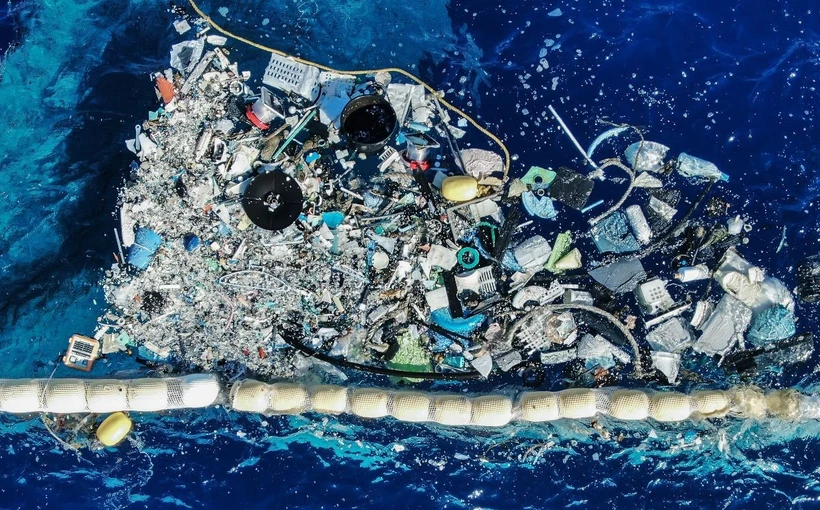 |
| Marine plastic pollution is becoming increasingly serious. Photo: Wired |
The theme of World Environment Day 2025 was chosen by the UN Environment Program as “Ending Plastic Pollution,” as this is one of the most serious challenges facing the living environment today.
This is also the time for each country, as well as Vietnam, to take specific and practical actions for a sustainable green future.
Most plastic waste is buried or burned.
Deputy Minister of Agriculture and Environment Le Cong Thanh said that according to the UN Environment Program, each year the world produces about 430 million tons of plastic, of which more than two-thirds are single-use products that quickly become waste.
In Vietnam alone, Mr. Thanh emphasized that an estimated 1.8 million tons of plastic waste are generated each year, but only about 27% of that is recycled. Most of the plastic waste is being buried or burned, causing waste of resources and potentially negative impacts on the environment, ecosystems and public health.
In response to the above situation, Mr. Thanh said that in recent times, the Vietnamese Government has actively participated in proposing global and regional cooperation mechanisms to reduce plastic waste. In particular, Vietnam is one of the first three countries to establish and put into operation the Working Group to implement the National Action Partnership Program on Plastics. Vietnam has also demonstrated a strong commitment when participating in negotiations on the Global Agreement on Combating Plastic Pollution to build a green economy , a circular economy and sustainable development.
Domestically, Vietnam has issued the Law on Environmental Protection 2020, documents guiding the implementation of the law and a series of policies. Notably, the National Action Plan on Ocean Plastic Waste, which sets a goal of reducing 75% of plastic waste in the sea and ocean by 2030; 100% of tourist areas, destinations, and coastal tourist accommodation service establishments not using disposable plastic products and hard-to-decompose plastic bags; 100% of marine protected areas are free of plastic waste...
In addition, Vietnam has also issued a Project to strengthen plastic waste management; preferential policies for businesses recycling and manufacturing plastic substitute products; programs on classifying, collecting and treating domestic solid waste, including plastic waste; implementing recycling models, circular economy models; developing plans and organizing the implementation of activities to prevent plastic waste, and the movement of "saying no to plastic waste".
In fact, many localities such as Hai Phong, Quang Ninh, Da Nang, Binh Duong, Ho Chi Minh City, etc. have effectively implemented models of waste classification at source, “green markets”, and urban areas without plastic waste. Enterprises have also begun to apply bio-materials, recycled packaging and waste circulation models in industrial parks.
However, Mr. Thanh also frankly acknowledged many challenges in managing and reducing plastic waste in Vietnam such as: Laws and strategies are available, but implementation is limited; circular economy policies and extended producer responsibility are still new; waste sorting infrastructure at source is not yet synchronized; the habit of using disposable plastic is still common; collection and recycling are not yet highly effective.
Need to reduce plastic waste, spread green lifestyle
On the occasion of the Environmental Action Month and World Environment Day 2025, the Ministry of Agriculture and Environment launched the Campaign "Join hands to reduce plastic waste - Spread green lifestyle".
One of the key activities to be implemented this month is to organize “No Single-Use Plastic Day” at offices, schools, supermarkets, markets and in major activities and events in provinces and cities across the country; launch a movement to classify waste at source, collect and recycle plastic waste in households and organizations; replicate circular agriculture and ecological agriculture models, and limit plastic production.
Along with that are communication activities to raise awareness about the harmful effects of plastic products on the environment, ecosystem and human health; spread green lifestyle to every household; scientific research, application and transfer of waste recycling technology, production of environmentally friendly materials to replace plastic materials.
The leaders of the Ministry of Agriculture and Environment hope that through the Month of Action for the Environment, they will continue to spread and share experiences and knowledge about good models in managing and recycling plastic waste; turning challenges related to plastic waste into opportunities and motivation to implement a circular economy, a knowledge-based economy, and apply high technology to reduce plastic emissions.
“I would like to call on all levels of government, the domestic and foreign business community, and every citizen to take action, not to be indifferent to plastic pollution, but to proactively create a green lifestyle and protect the environment,” emphasized the representative of the Ministry of Agriculture and Environment.
As Country Director of the World Wildlife Fund in Vietnam (WWF Vietnam), Dr. Van Ngoc Thinh also called on the community to consume responsibly. Accordingly, he recommended that people reject single-use plastics - such as nylon bags, straws, plastic cups - and replace them with reusable products; reduce plastic emissions in all activities - from individual to collective, from tourism to production.
Along with that, each household needs to collect, classify and recycle plastic properly. “Every small action, such as sorting waste at source or collecting waste along the coast, contributes greatly to reducing pollution. We need to bring waste to shore, collect nets and restore the marine environment,” Mr. Thinh emphasized.
In addition, the CEO of WWF Vietnam also recommended that Vietnam needs to invest in education and communication, because according to him, raising awareness is the "key" to changing behavior.
Finally, according to Mr. Thinh, it is necessary to promote policy and innovation.
“Vietnam is on the right track with the 2020 Environmental Protection Law and circular economy initiatives. We look forward to working with the Government, businesses and partners to expand green models, reduce dependence on plastic and develop effective recycling and reuse solutions in the coming time,” said Mr. Thinh.
Source: https://baophuyen.vn/xa-hoi/202506/cham-dut-o-nhiem-nhua-can-hanh-dong-thuc-chat-thay-doi-tu-moi-ho-gia-dinh-d360e39/








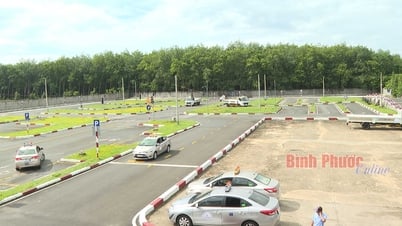

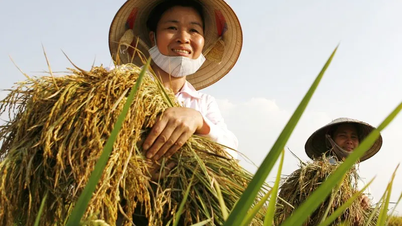

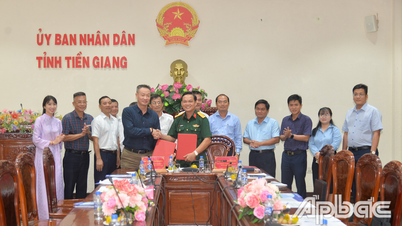

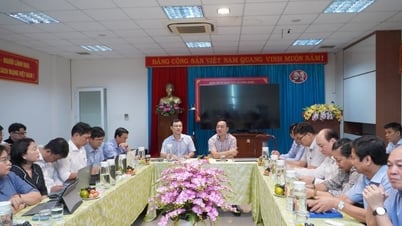

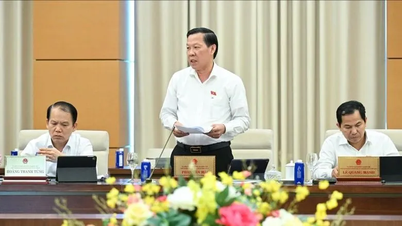
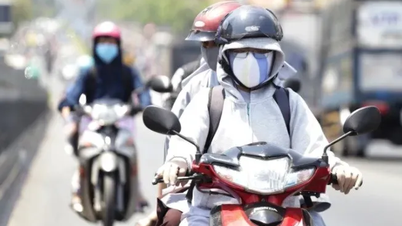




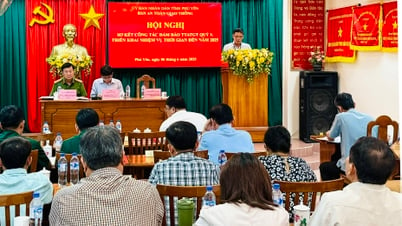
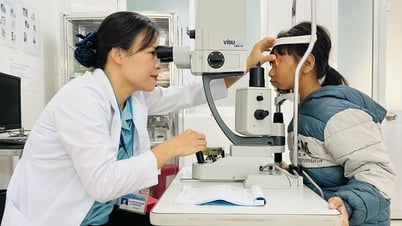
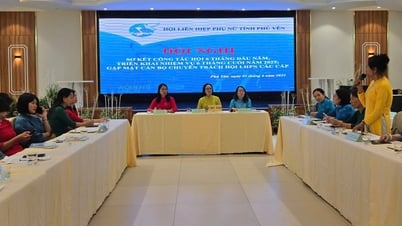
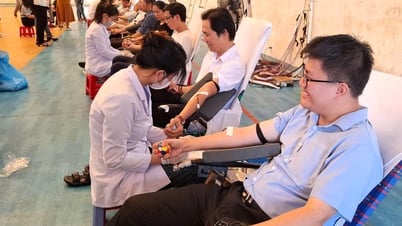
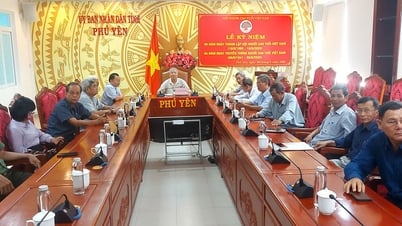













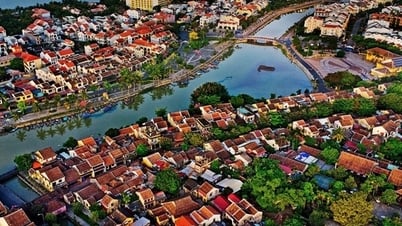






















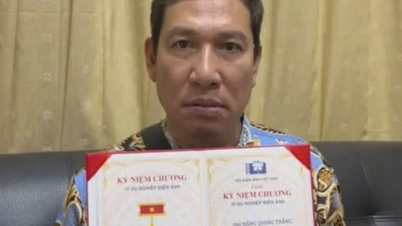






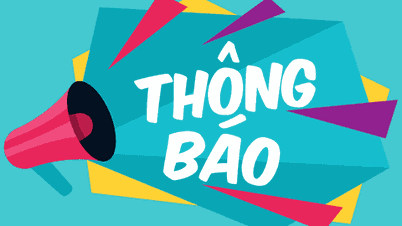

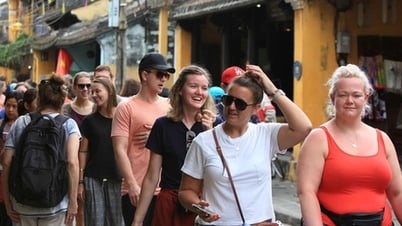


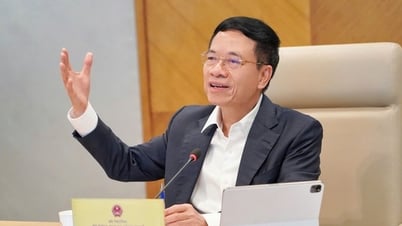

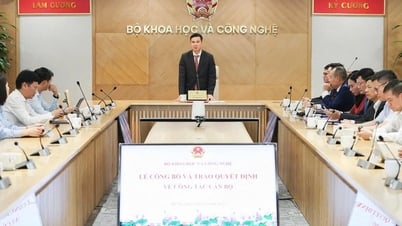

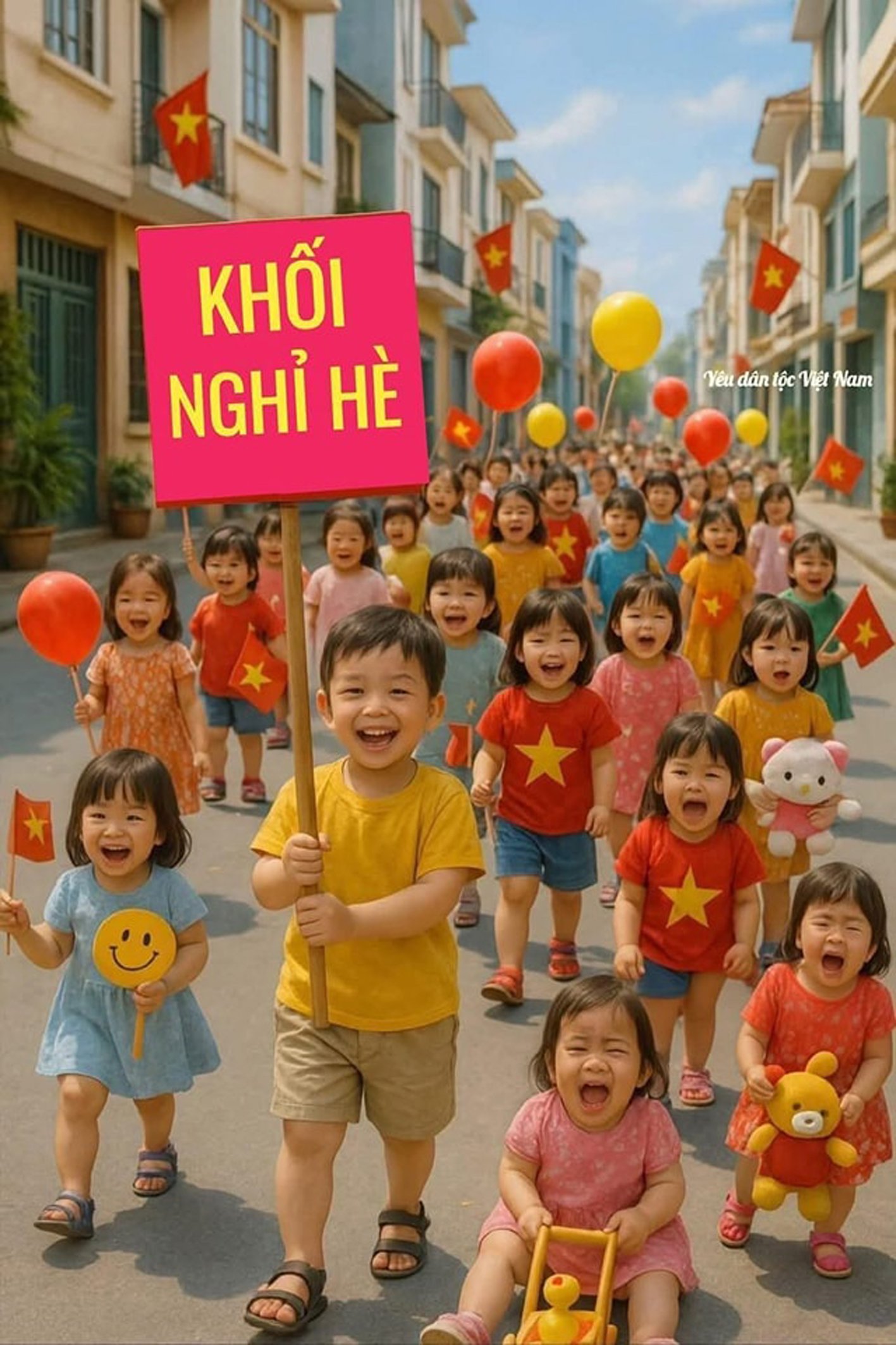
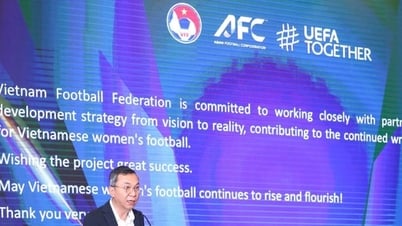

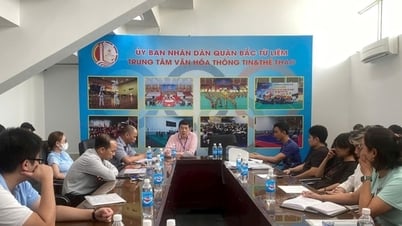
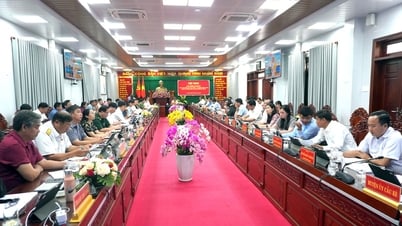
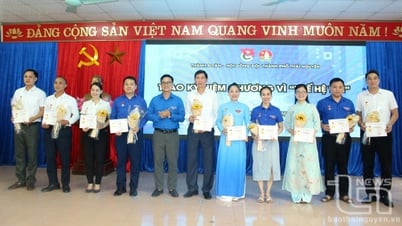

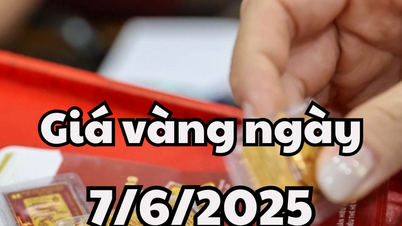



![[OCOP REVIEW] Tu Duyen Syrup - The essence of herbs from the mountains and forests of Nhu Thanh](https://vphoto.vietnam.vn/thumb/402x226/vietnam/resource/IMAGE/2025/6/5/58ca32fce4ec44039e444fbfae7e75ec)











Comment (0)